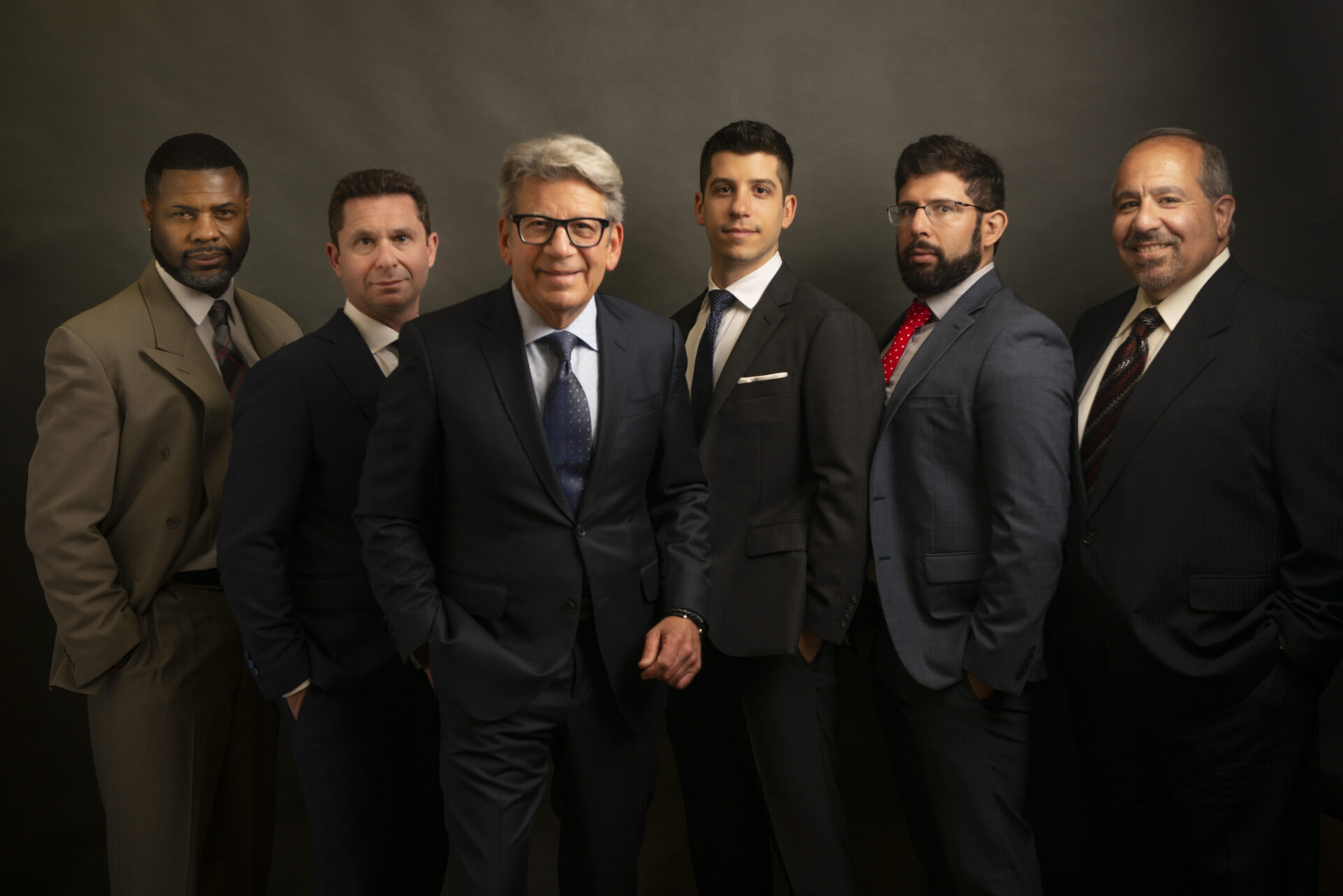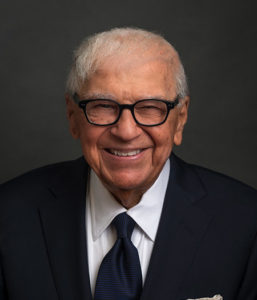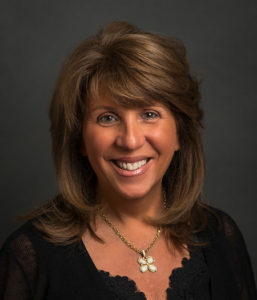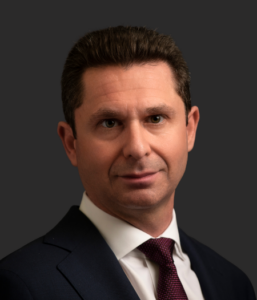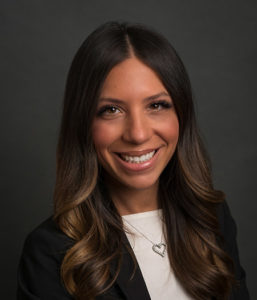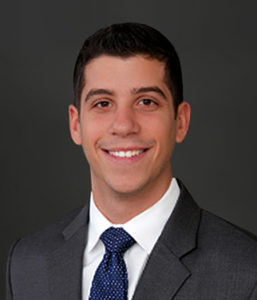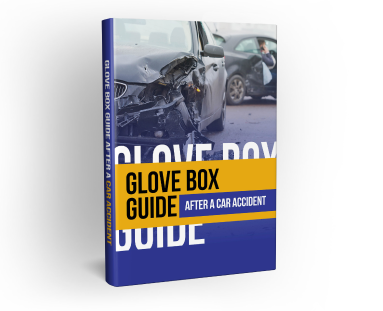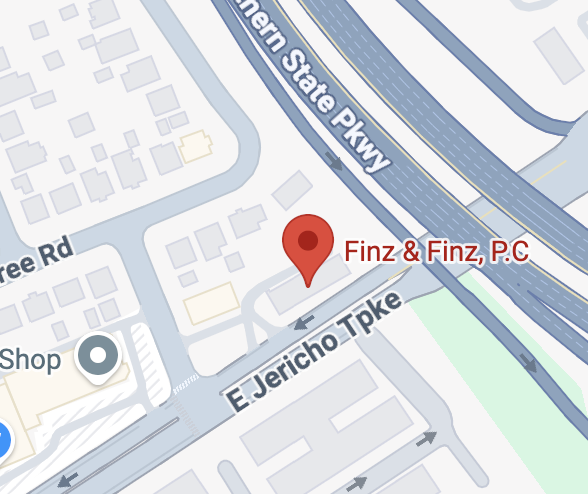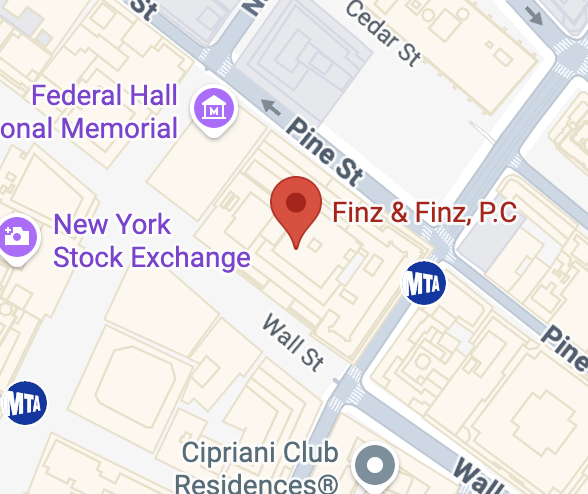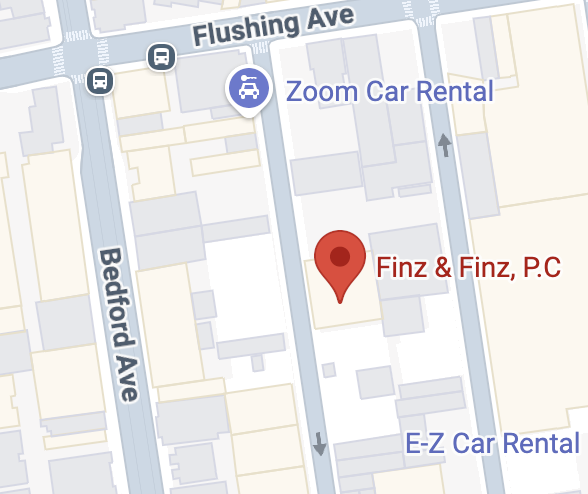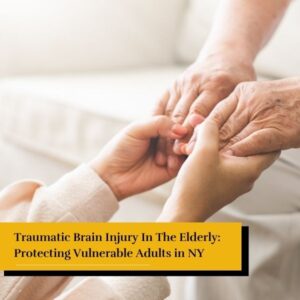
A traumatic brain injury in the elderly can have devastating physical and mental consequences. Unfortunately, the elderly are particularly vulnerable to traumatic brain injuries and their adverse effects, particularly when they are subjected to abuse at the hands of those entrusted with their care.
At Finz & Finz, P.C., our legal team is committed to protecting our fellow New Yorkers, particularly the most vulnerable among us. We want to help you and your family recognize the signs of abuse-related head injuries so you can get your loved one the help they need while we work on getting them the compensation they deserve.
What Is a Traumatic Brain Injury?
Brain injuries are any class of head injury caused by external means that disrupts or interferes normal function of the brain. Data from the Centers for Disease Control and Prevention show that traumatic brain injuries are one of the leading causes of death and disability in the United States and that nearly 190 TBI-related deaths occur daily.
There are two distinct types of traumatic brain injuries:
- Closed Brain Injury – Closed brain injuries are the most common type of head injury and can occur due to a sudden blow or violent force to the head. Typically, the head suddenly accelerates forward and backward, causing bleeding, swelling, and tissue damage in the brain.
- Penetrating Brain Injuries – Bullets, broken pieces of the skull, and other foreign objects are the main culprits for penetrating head injuries, which happen when something penetrates the skull and lodges in the brain, causing damage.
Elderly Adults and Traumatic Brain Injuries
According to the Centers for Disease Control and Prevention, falls are the leading cause of traumatic brain injuries in the U.S. Although anyone can suffer a traumatic brain injury, the elderly are particularly vulnerable to falls and TBI. Falls among adults 65 and older caused at least 36,000 deaths in one year.
Repeated falls and traumatic brain injury in vulnerable adults may also indicate abuse or neglect. Caregivers are responsible for providing for their residents’ physical, medical, and emotional needs in a nursing home or long-term care facility. Understaffing, chronic neglect, and poor living conditions can make a nursing home an unsafe environment for residents, leading to falls and traumatic brain injuries.
Some of the most common causes of traumatic brain injuries in vulnerable, elderly adults include:
- Environmental hazards like wet floors, slippery surfaces, poor lighting, and lack of handrails
- Failure to monitor a resident’s physical condition and vital signs
- Failure to perform adequate fall risk assessment of residents
- Failure to provide necessary medical treatment or intervention when needed
- Failure to respond to resident alerts or alarms
- Physical abuse
- Neglect
- Not responding to a resident promptly
Traumatic brain injuries in older adults can cause life-long complications and even death.
Physical Abuse and Traumatic Brain Injuries in Elderly Adults
While many people are familiar with shaken baby syndrome, fewer have heard of “shaken elderly syndrome.” Like the shaken baby syndrome, “shaken elderly syndrome” can cause massive brain damage and traumatic brain injuries to vulnerable elderly adults. The condition is typically the result of violent physical contact or abuse by a caregiver or family member. The violent back-and-forth jerking can cause the brain to strike the skull, causing bleeding and tissue damage. The long-term result of physical abuse can lead to disabilities, loss of cognition, behavioral changes, and death.
Abuse can also lead to traumatic brain injuries in other ways. Neglect – the chronic and systematic failure to address the physical, emotional, and medical needs of an elderly adult – is another common cause of traumatic brain injuries in adults. When an elderly individual relies on a caregiver who frequently fails to meet their needs, they may attempt to address those needs themselves despite being unable to do so safely, leading to falls and brain injury.
Hitting, slapping, kicking, and other forms of physical abuse can also lead to concussion and traumatic brain injury, especially when the abuse is persistent. Repeated blows to the head can lead to traumatic brain injuries. Hitting an elderly person can also lead to falls, another mechanism likely to cause a TBI.
Signs of Physical Abuse and Traumatic Brain Injury
One of the steps you can take to protect your elderly family members is learning to recognize some of the possible signs of physical abuse, such as:
- Anxiety
- Bedsores
- Changes in mood or behavior
- Changes in sleeping or eating patterns
- Depression
- Frequent trips to the ER or an outside medical clinic
- Multiple unexplained falls
- Refusing to cooperate with specific caregivers or family members
- Suicidal thoughts or actions
- Unexplained traumatic brain injury diagnosis
- Unexplained marks, bruises, or burns
- Withdrawing from family or friends
- Withdrawing from favorite activities or pastimes
You can also help an elderly loved one by recognizing the signs of traumatic brain injury, especially if you suspect neglect and your loved one is not receiving the care they deserve. Traumatic brain injury symptoms can manifest in numerous ways, including:
- Behavioral changes
- Changes in hearing or vision
- Changes in mood
- Changes in sleeping or eating patterns
- Confusion
- Dizziness
- Fatigue
- Headache/pain
- Loss of bladder control
- Loss of consciousness
- Loss of coordination or mobility
- Memory problems
- Nausea
- Seizures
- Sensitivity to light or sound
- Slurred speech
- Vomiting
Protecting Vulnerable Elderly Adults in New York
What can you do if you suspect abuse or neglect is the root cause of a loved one’s traumatic brain injury? Consider contacting the following New York outlets:
New York Long-Term Care Ombudsman
Elderly New York residents have a powerful ally in the New York long-term care ombudsman program. The ombudsman program offers elderly individuals in nursing homes or long-term care facilities valuable resources, guidance, and support. Additionally, an ombudsperson can advocate for the elderly individual and mediate situations between nursing homes and residents. They can also help residents understand their legal rights and options for reporting abuse.
Eldercare Locator
If you need help finding help and information, try the Eldercare Locator. It is a service that helps connect families and older adults to advocacy services in their area.
Medicare
The government takes a serious stance on abuse, misconduct, and neglect claims. You can file complaints with the federal government through the Medicare Quality Improvement Organization.
An Experienced New York Personal Injury Attorney
In cases of abuse, your immediate thought may not be to call an attorney. However, contacting an experienced elderly abuse attorney is essential to pursuing justice for your family. An attorney can review your situation and protect your loved one’s legal rights. An attorney is also a powerful and supportive advocate who can help you and your family get the assistance and justice you deserve.
Contact a New York Traumatic Brain Injury and Elder Abuse Attorney Today
A traumatic brain injury can be catastrophic to an elderly or vulnerable adult. The legal team with Finz & Finz, P.C. is committed to helping you and your family recover meaningful compensation and justice for your loved one’s injuries.
Do you suspect abuse or neglect? Has your family member been diagnosed with a traumatic brain injury? Contact us today for a free and confidential legal consultation with a New York City personal injury attorney.


